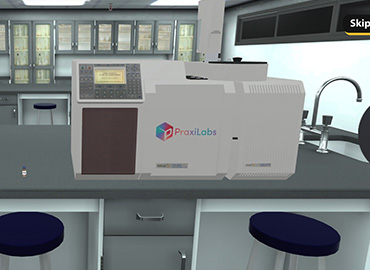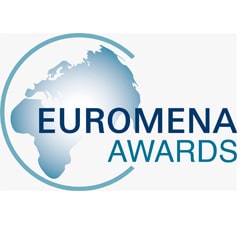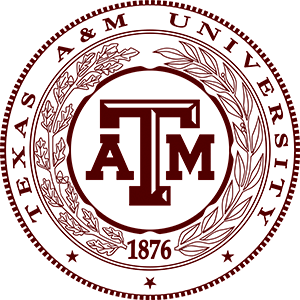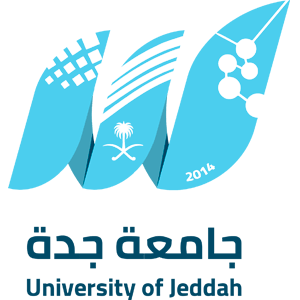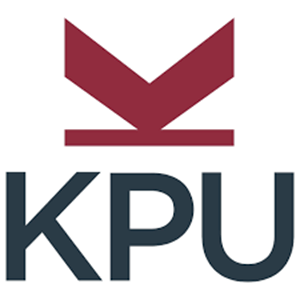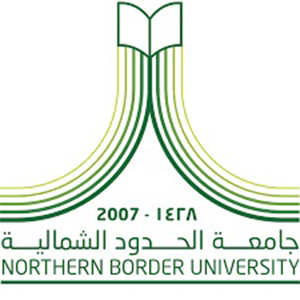Pesticide residue analysis is carried out through several steps, e. g. extraction from sample matrix, clean up and final chromatographic separation and determination. Thus, environmental water samples cannot be analyzed without some preliminary sample preparation. Solid phase extraction “SPE” is considered one of the most reliable techniques that could be used for pesticide residues isolation from environmental water samples. This returns back to that it is fast, cost effective, accurate, and precise. In addition, it consumes small volume of organic solvent in addition to being easily adapted for field work.
The other most widely used methods for the analysis of pesticides in water are based on “Gas Chromatography” (GC) and Liquid Chromatography” (LC). However, identification based only on chromatographic analysis (retention time) without the use of spectrometric detection is not suitable as confirmatory method. Therefore, “Mass spectrometry” (MS) connected to GC “GC/MS” was found to be indispensable for high sensitivity and unambiguous detection, confirmation and determination of such residues in different matrices. GC-MS is a counted as a very efficient technique with a high resolution power for variety of compounds including but not limited to volatile and semi-volatile compounds.
